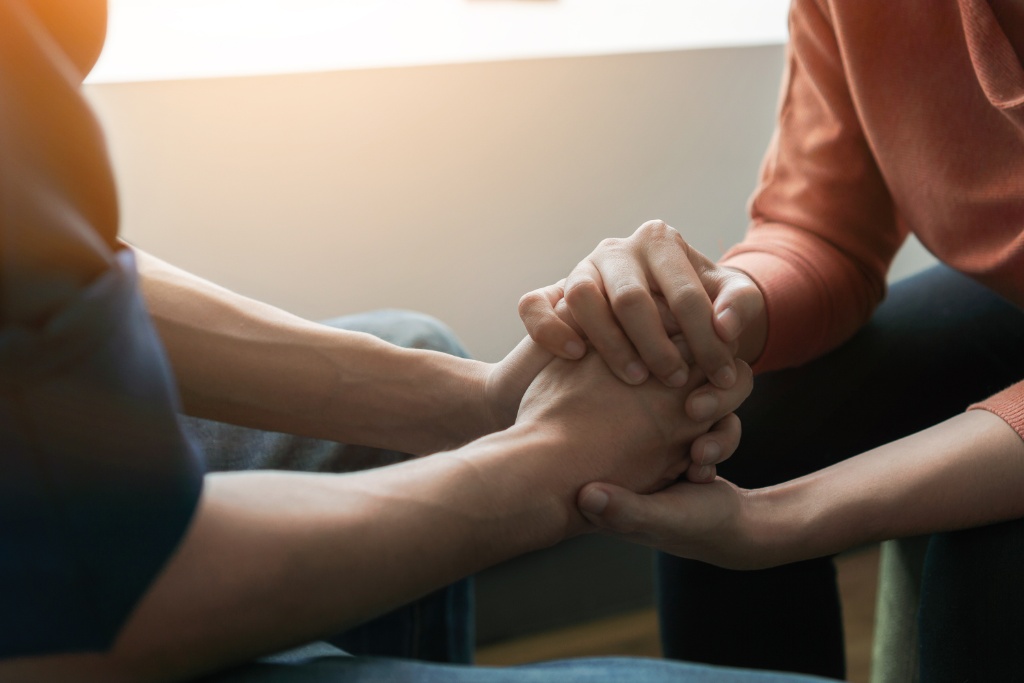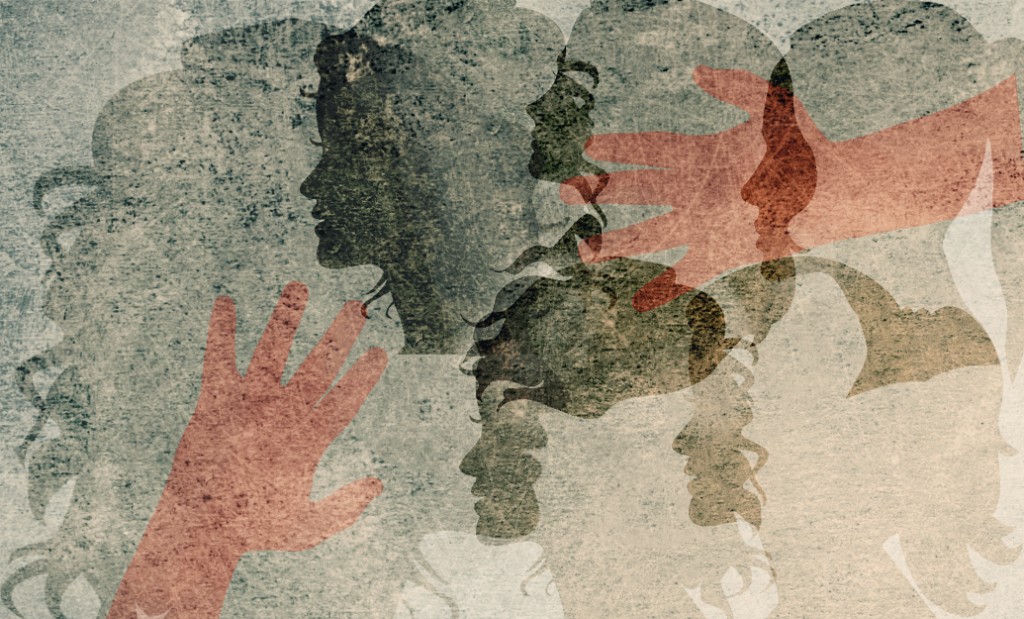Institutional Abuse Lawyers Canmore
Get legal answers now. Speak to our lawyers.
Speak with our Canmore institutional abuse lawyers and get legal answers to your institutional abuse questions.
Table of Contents
Surviving institutional abuse can cause an individual to suffer for years. Those who are subjected to institutional abuse as children or teenagers are at an increased risk of pervasive, ongoing, and potentially life-threatening disorders as a result of someone else’s criminal actions.
For many survivors of childhood institutional abuse, the road to psychological, emotional, and financial recovery can be long, complicated, and expensive. It is not uncommon for survivors of institutional abuse to develop alcohol and/or substance abuse disorders as a method of trying to cope with the trauma from their past. Indeed, institutional abuse survivors are 26 times more likely to develop substance use disorders than people who were not subjected to sexual violence in their childhood or youth.
Additionally, survivors of institutional abuse often develop severe mental health disorders that could require long-term, expensive psychological counselling and psychiatric treatments. These frequently include depression, anxiety, insomnia, other sleep disorders, and post-traumatic stress disorder (PTSD).
Unfortunately, childhood institutional abuse is a widespread societal issue that, according to the Association of Alberta Sexual Assault Services, impacts one in three residents of the province before the age of 18. Most of these children or minors were abused by someone they thought they could trust.
Institutional abuse is, at its core, an abuse of power and trust. If an adult uses their position of authority to gain non-consensual sexual advances, exploits the trust placed in them by a younger or more vulnerable individual, or takes advantage of their target’s dependence upon them to manipulate, blackmail, threaten, or otherwise coerce them into engaging in unwanted sexual activities, they have committed institutional abuse. And they have potentially done profound damage to their target’s future physical, mental, and financial well-being.
Tragically, a large number of institutional abuse survivors suffer in silence for years or even decades before they feel ready to come forward and hold their abusers accountable for their actions. Fortunately, in Alberta, there is no statute of limitations on institutional abuse claims. Therefore, it is never too late for a survivor of institutional abuse to pursue legal action.
Our Canmore institutional abuse lawyers are committed to protecting survivors in the local community and to helping them get the compensation they deserve. By pursuing a civil claim against your abuser and other parties or entities who might have been contributorily negligent (such as the organization that employed them), our institutional abuse lawyers serving Canmore may be able to help you find closure and restitution. To learn more, contact us today and receive a free initial consultation on your case.
Speak with Us Today
It can take time, courage, and emotional fortitude to begin asking for help. Whenever you feel ready to speak out about your experience with institutional abuse and learn about options for legal action that may be available to you, consider scheduling a free initial consultation.
During a cost-free, no-obligation, confidential first meeting with our Canmore institutional abuse lawyers, you can share as many or as few details as you see fit and receive personalized, case-specific legal feedback. To get started, call our institutional abuse lawyers serving Canmore and schedule your free initial consultation.
Notable Achievements
Awards and Recognitions
Proud to be one of Canada’s oldest personal injury law firms. The firm was founded in 1959 and has now grown to numerous offices across Canada. We have cumulatively secured over $1 billion for thousands of Canadians and are proud to maintain a high standard for our professional services without compromising on care or compassion.
Read More On institutional abuse Claims
Here are some blogs on institutional abuse claims.

institutional abuse
|
September 5, 2025
Justice for Victims of Canadian Military Cadets Institutional Abuse in Alberta
Canada’s military cadet youth programs are designed for young people aged 12 to 18. The programs’ primary goal is to develop leadership, citizenship, and physical…

institutional abuse
|
February 27, 2025
Alberta Big Brothers Big Sisters Institutional Sexual Abuse
Numerous reports by victims have shown that young people suffered institutional abuse that was sexual, physical, and psychological in nature while participating in Big Brothers’…

institutional abuse
|
December 24, 2024
Boy Scouts and Girl Guides Institutional Abuse Claims
Legal Options for Former Scouts and Guides Who Were Sexually Abused in Alberta Decades of allegations and reports have surfaced of current and former (Boy)…
Commonly Asked institutional abuse Questions
Here are our most asked questions on institutional abuse claims.
What is the process of pursuing an institutional abuse case?
Institutional abuse cases typically involve the following steps:
- Investigate the claim and get the right parties;
- File a lawsuit;
- Develop your case through documents and experts;
- Participating in discovery to provide a chance for the lawyers to ask the parties questions about the case;
- Participate in Mediation. Mediation provides a chance to resolve your case without going to court; and
- Go to trial. Most cases settle, but if the parties cannot reach an agreement, asking a court to assess the case is the solution.
What evidence is needed to support an institutional abuse claim?
Records about the victim and the perpetrator are both important to confirm what happened and the impact the abuse had on the victim. We strongly recommend expert reports from a psychiatrist, a vocational expert, and an economist to fully prove the case.
How might an institution allow abuse to happen?
Unfortunately, perpetrators seek out work with children. Therefore, institutions must be vigilant in training and monitoring staff and taking any allegations very seriously. Leaders of organizations may be hesitant to expose these types of allegations and fully investigate claims as it will hurt the institution. This concern to protect the organization may lead to this same staff continuing to abuse the same victim or others.
What is institutional abuse?
Abuse is physical or sexual violence. Institutional abuse is when organizations fail to train or monitor their staff, and abuse is allowed to continue and spread. Organizations may also fail to investigate allegations of abuse, which allows abusers to continue their crimes.
Who can sue for institutional abuse?
Any victim of institutional abuse can sue. The limitation period has been changed to remove strict limitation periods when bringing their claims, so you may be able to bring a lawsuit for abuse that happened decades ago.
Who is liable for institutional abuse?
Both the individual abuser and the organization that put them in a position of trust may be liable to pay victims damages. Most organizations have insurance in place for specific periods, so the insurer who covered the period when the abuse happened ultimately pays for the compensation.
How can a personal injury lawyer help with an institutional abuse case?
Lawyers can help investigate your claim and confirm the right entities to sue. Determining the governance of religious and other organizations is not always obvious. Lawyers hire experts to explain the impact of the trauma on your life and career. Telling your story is essential to getting a strong result.
Is there a deadline on when an institutional abuse case can be claimed?
The limitation act changed, so there is no time limit for bringing your claim. The government recognized that assault victims often repress memories, and it would be unfair to prevent victims from bringing their claims before they remember what happened.
What kind of compensation is available for victims of institutional abuse?
Compensation, or damages, are determined by dividing your case up into segments known as heads of damage. When abuse causes a student to leave school or alters their career, these claims can be quite significant. The typical heads of damage for abuse claims include:
- Pain and suffering;
- Past wage loss, including interest;
- Future wage loss;
- Out-of-pocket expenses; and
- Expected future care.
Is it possible to stay anonymous during the claim process?
Yes. Lawyers can bring an application to the court and get an order to proceed with the lawsuit, but only list your initials.
SURVIVOR OF INSTITUTIONAL ABUSE IN CANMORE?
Contact Our Compassionate Legal Team
Confidential, supportive guidance
We’ll listen, explain your rights, and help you pursue justice against those responsible.



